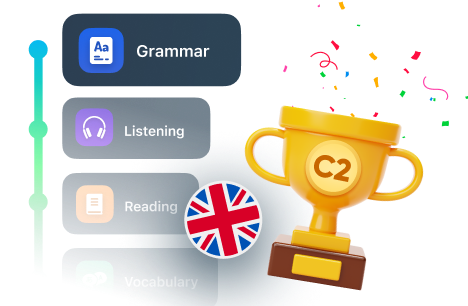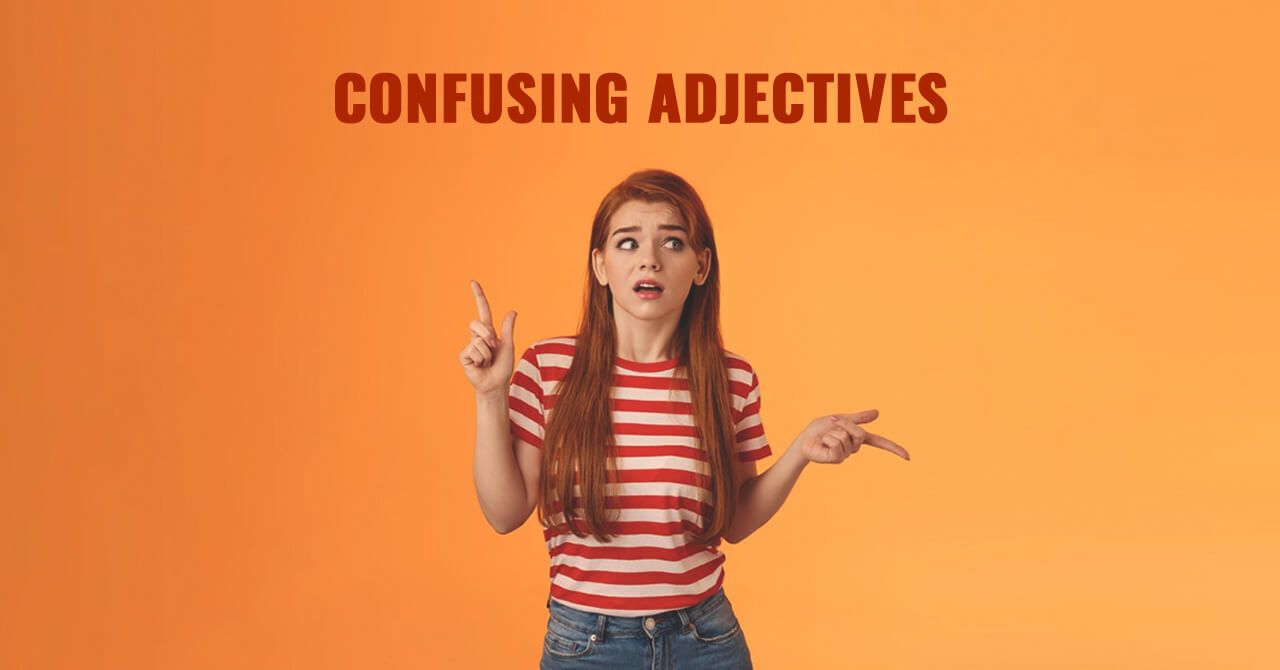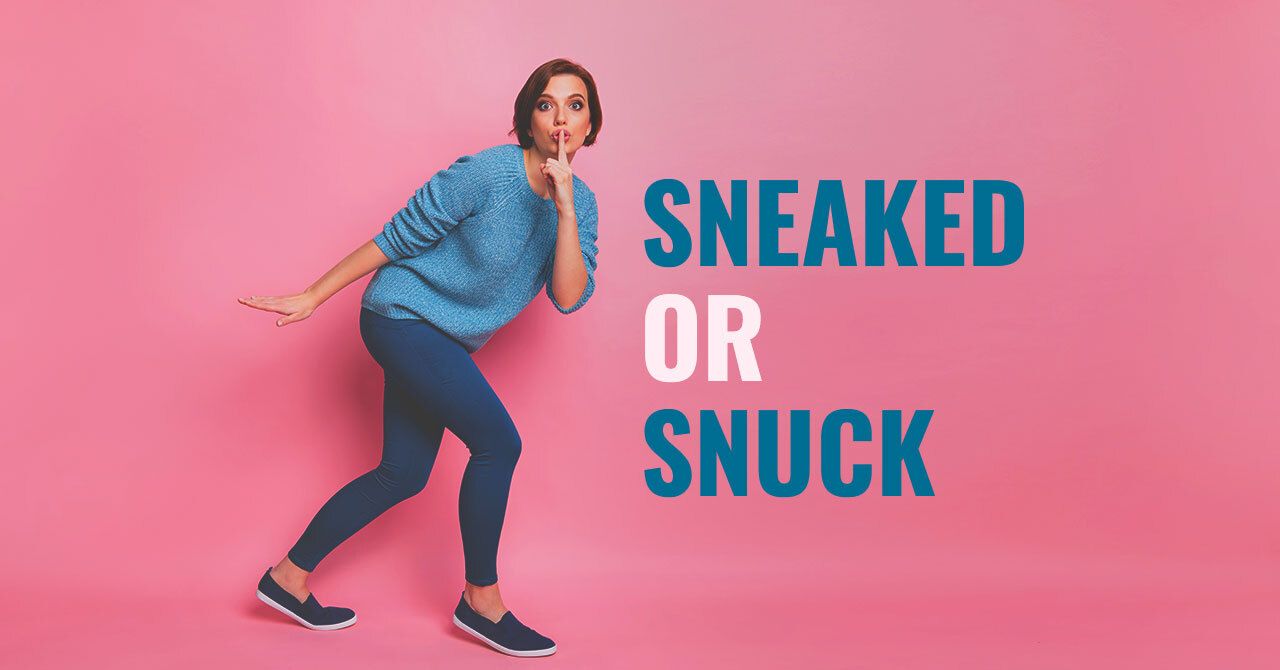Learn English with Personalized Path and AI-powered practice sessions
 Start for free
Start for free
Find correct options for writing and using some words and expressions
There are many nuances and variations in spelling that can cause confusion, even among native English speakers. One such example is the spelling of the color grey/gray. Depending on where you are in the world, you may see this color spelled as “grey” or “gray.” While both of them
Do you know the difference between “tired” and “tiring?” How about “bored” and “boring?” Can you use the words in sentences? If your answer is “no,”—don’t worry; you are not alone.
Spelled is considered the correct past tense for the word to spell in America and Canada, although spelt is sometimes also used. Irregular verb forms such as spelt, dreamt, and burnt are used colloquially in the US but generally should be avoided in formal writing.
“Biannual” is an adjective used to describe events occurring twice a year. In order to fully understand this term, we need to know where it derives from. The prefix “bi-,” meaning twice, comes from Latin, while “annual” refers to one year.
With the new year just around the corner, you start thinking about all the people you want to send greeting cards and emails to wish them well. But what phrase is the right one to use? Is it “Happy New Year”, “Happy New Year’s”, or “Happy New Years”?
Before we move forward to the alternate past tense forms, let’s get this straight. It is “sneak,” not “sneek.”
The primary difference is that “was” is used in the first person and third person singular, which includes “I,” “he,” “she,” or “it.”
Most other countries where English is the official language, for example, most of the countries in the Commonwealth, use the spelling with two Ls.







